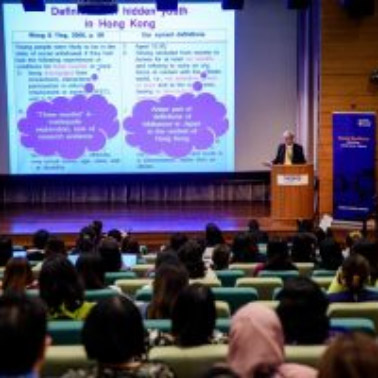
Professorships in Active Ageing & Mental Resilience
This Professorship will enable the NUS Yong Loo Lin School of Medicine to appoint an expert in the field of medicine and psychology to explore ways of building mental resilience in the elderly to promote self-care and independence while reducing the risk of depression and dementia.
The focus will be on active ageing and cognitive performance research based on mental functions (e.g. memory and mood changes with advancing age, influences by genetic, biological, physical and social and environmental factors). Further studies aim to examine the effects on cognitive, emotional and functional well-being though natural nutrient supplements and physical/social programs such as mindfulness practice, music, art, & gardening.
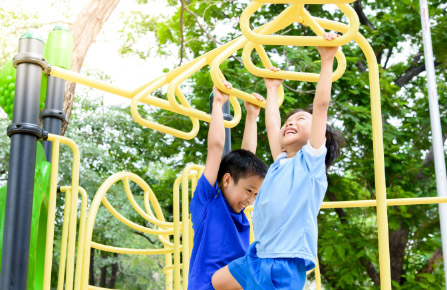
Professorships for Mental Resilience in Adolescents
This Professorship will enable the NUS Yong Loo Lin School of Medicine to appoint an expert in the field of medicine and psychology to explore ways to develop resilience through the building of programmes for adolescents to improve their development and coping skills.
By equipping children with emotional mastery and social intelligence, the research can form the basis for the planning of a nation-wide programme in national development.
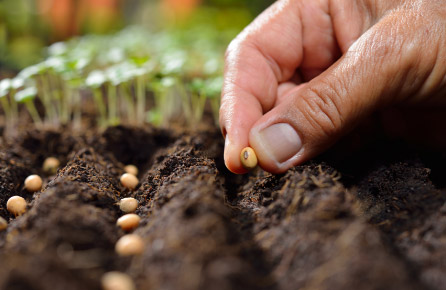
Seed Grant Research Funding
Translational research is at the core of NMSC’s mission to discover new methodologies and provide new evidence on mental health issues across the age continuum. Seed grants provide the catalyst for key research ideas to reach proof of concept and possibly qualify for significant government and foundation grant funding. Such research will also help validate findings and develop into community programmes or alternative solutions to help the community flourish.
To fulfill the Centre’s Mission,
funding support is required in the following areas:
Visiting Professorships
Visiting Professorships will attract global experts in the field of medicine and psychology to explore ways to collaborate with NUS researchers and students on various aspects of promoting mental health across age continuum, with a focus on Asia. The research will include biological, cognitive, behavioral and lifestyle determinants and the applications of the knowledge to develop interventional programs, including Asian cultural and creative therapies like mindfulness practice, music art, and gardening, and natural nutrient supplements.
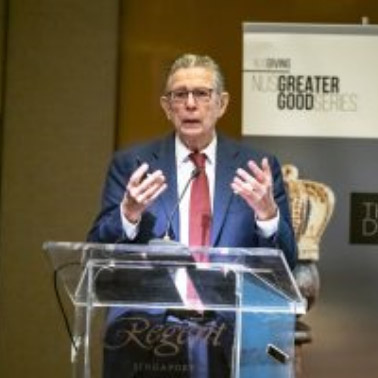
Capacity Building (AWE)
Capacity building will focus on train-the-trainers programmes with the aim of imparting knowledge to and train skills in cultivating the well-being and an undefeated mind of healthcare professionals and volunteers and support VWOs in serving the community.
In particular, accreditation to ensure training consistency and quality will be developed to professionalise the training programmes. This might involve providing certification for different levels of expertise to create and recognise the differentiation of skill sets. As the industry for providing such training and certification is still at a nascent stage in Asia, there is much opportunity for the Centre to become the pioneer and industry leader in the region.
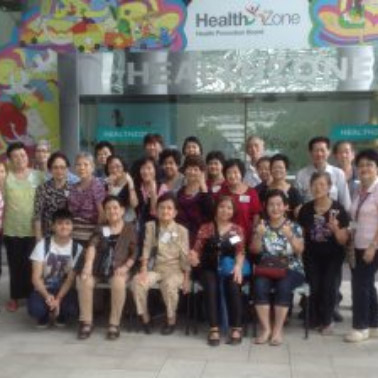
Outreach and Community Services
To allow the impact of the Centre to be further magnified, technology and digital media will be harnessed to enhance the outreach to more communities across the region. Strategic overseas tie-ups with relevant institutions and organisations will provide further avenues for world class collaborations.
